The Blue Wolves of Mibu (for once the more liberal English title is better than the literal translation) is an outlier for me in many ways. I mean it started very late, sure but that’s no big. Rather, my expectations for it were higher than I could easily justify. Not a hugely-praised manga, and Days (the prior work by Yasuda Tsuyoshi) was pretty mediocre. Nothing special about the studio or director (though writer Ihara Kenta and music composer Hayashi Yuki are very distinguished names).
Despite that even in a very crowded season, I had Ao no Miburo near the top of my second expectations tier. I can only put it down to premise – this series just seems to fit me like a glove. A boy joins the Shinsengumi in their nascent days, Kyoto 1863. A human story about this fascinating period in Japanese history is a draw, no doubt. And airing in the same reason as the Kyoto arc of Rurouni Kenshin makes it doubly so. It’s not as though animanga haven’t done this broad subject to death but on paper, Yasuda’s slant on it seemed to be a pretty interesting one.
I did like this premiere, though I can’t say it wowed me. I see a lot of potential, but it’s mostly that for now – potential. Nevertheless it was a fascinating watch. What kept repeating itself in my mind was that old expression “the winning side writes history”. I find that generally to be true in the West, but – as I really consider it – less so in Japan. The Heike are a romanticized people to be sure, despite – even because of – losing the Genpei War. Houjou Tokayuki and his clan, fondly remembered by many despite their overthrow by the Ashikaga. Oda and Hideyoshi, legends despite Tokugawa’s eventual triumph. And as for the messy period of the Boshin War and Meiji Restoration, partisan opinion is all over the map (and animanga heartily reflects that).
No one exemplifies this more than the Shinsengumi, the titular Wolves of Mibu (Mibu is a district in Kyoto, home to Mibu-dera temple). They expressly fought on the losing side – they were fiercely loyal to the Shogunate. Yet today they’re widely viewed as heroic figures. Or at the very least, tragic ones – loyal to the point of their own demise. Whether you see them as heroes or villains is very much a matter of interpretation – and seems to depend on one’s personality more than their views on the Shogunate vs. Imperial rule (or democracy).
Rurouni Kenshin paints the Shingengumi in a pretty nuanced way. One of their commanders, Saitou Hajime, could probably best be called an anti-hero in RuroKen. Peace Maker Kurogane paints them in a generally more positive light, as it follows a young boy named Ichimura Tetsunosuke who joins them in his early teens. In some sense the premise of Ao no Miburo seems broadly similar, but there are important distinctions. Most notably, Ichimura Tetsunosuke was based on a real person and the hero of this series is, as far as I can tell, entirely fictional (which eases the author’s path in directing his fate in their preferred direction).
That hero is Chirinu Nio (Umeda Shuuichirou, one of anime’s current it-boy seiyuu). He’s a boy of about 13 who lives with his adoptive little sister Iroha (Natsuyoshi Yuuko) and the obaa-san who looks after them (Sadaoka Sayuri) at her grilled mochi stand Chirinuya. Interestingly Chirinuya is clearly based on the two ancient abura mochi stands outside Imamiya Jinja (400 and 1000 years in the same location), though I can’t find any historic links between them and the Shinsengumi. One day two ikemen, Hijikata Toshizou (Azakami Youhei) and Okita Souji (Ono Kenshou) show up as customers.
Those names need to introduction to anime fans, of course. The background here is that the Shingengumi as we know them were not yet formed at this stage. Okita and Hijikata were members of the Roushigumi, the 19 members of the Shogunate guard who accompanied Tokugawa Yoshinobu from Edo to Kyoto who stayed behind when it was disbanded. They were resented as outsiders and troublemakers by many locals (we see that play out here), and this is where interpretation starts to play a big role. This is fiction, and here the two of them are charming (well, Hijikata is a grumpy bear) and broadly heroic.
As for Nio, at this point there’s no explanation for his striking blond and blue-eyed appearance. He’s an extremely clever and observant lad, which the two Roushigumi pick up on immediately. Nio intended to take over the Chirinuya from Granny, and Iroha has already been chosen for eventual adoption into a wealthy family. But the two future Shinsengumi captains are grooming Nio and Iroha as eventual bait to lure out the kidnappers who have been targeting local children – acts which are being wrongfully laid on the Roushigumi’s doorstep. This proves successful, but Nio sees through it.
I found Nio’s reaction to this (and Hayashi’s accompany9ing soundtrack) to be a bit over-the-top if I’m honest. And broadly speaking subtlety wasn’t much on display here, not shocking from the mangaka of Days. The animation and art was more “fine” than striking, though I did like the character designs and overall, Kyoto 1863 looked good. But on the whole I thought this worked quite well, and it certainly drew me into the story and Nio’s role in it. I would expect this version of events to lean more heavily into fiction than some, but that’s not in itself a problem – it will all come down to execution. But with a premise so squarely in my sweet spot, my threshold on that front is honestly going to be pretty modest. I’ll be disappointed if Ao no Miburo doesn’t make the cut even in a busy season like this one.


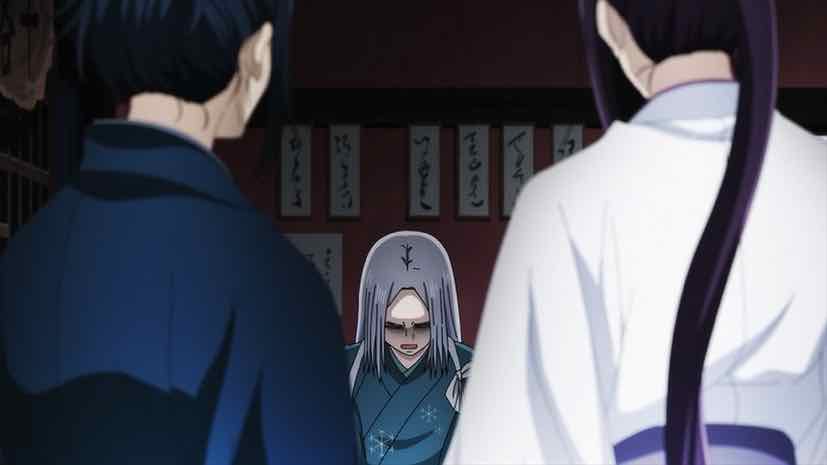
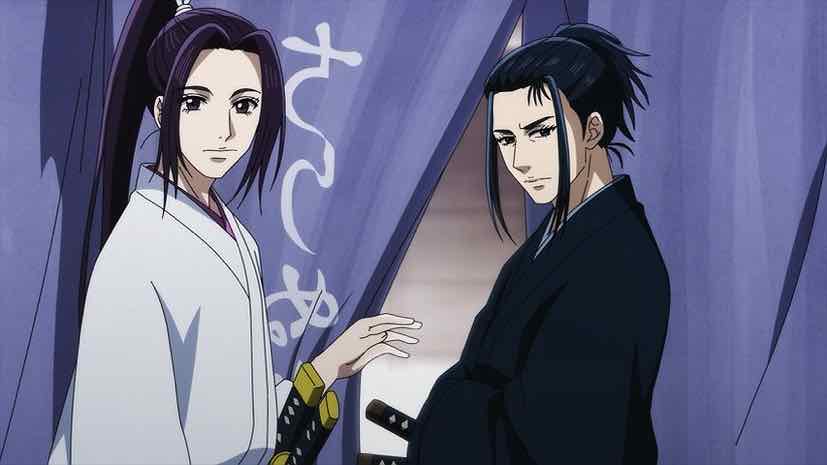
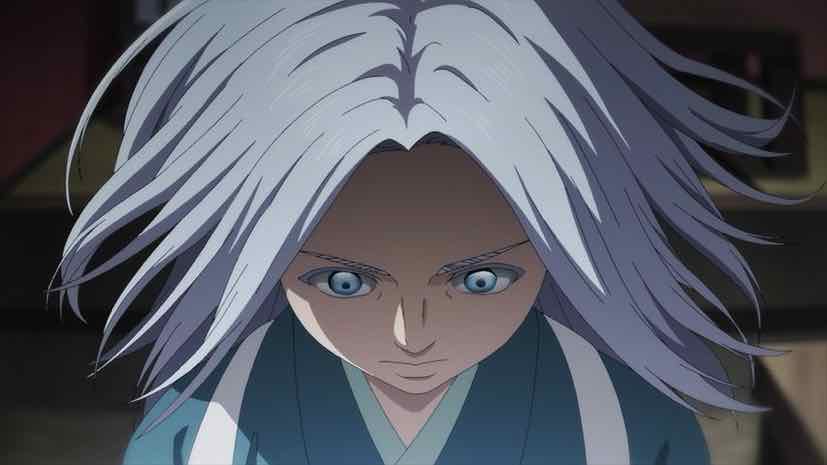
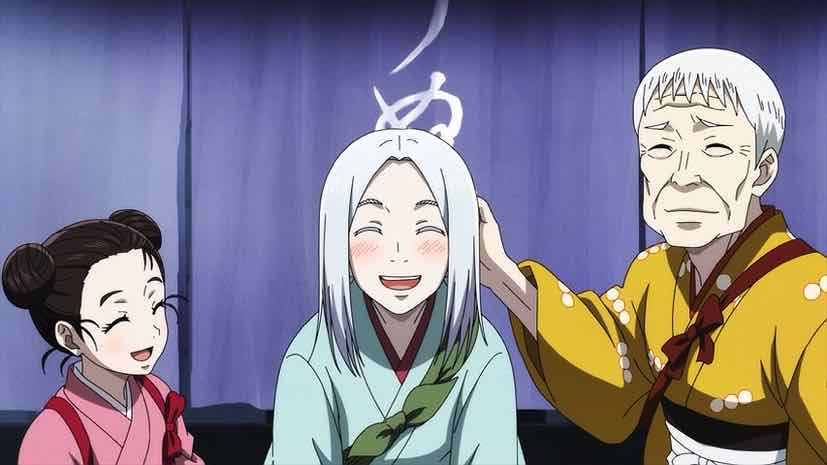
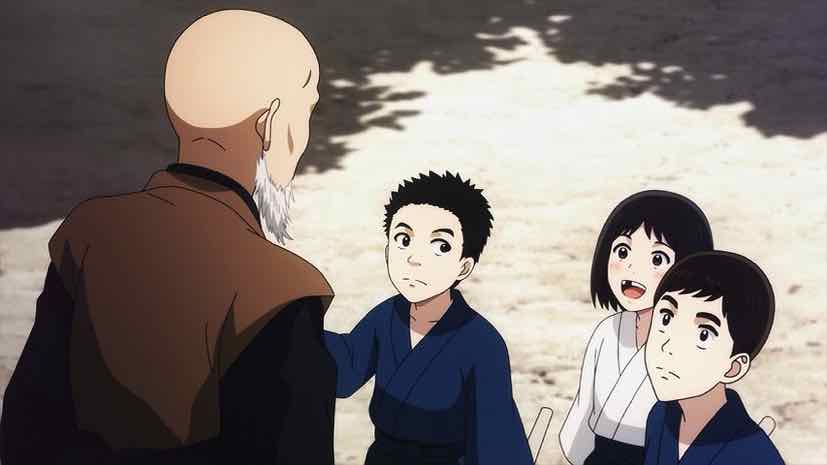
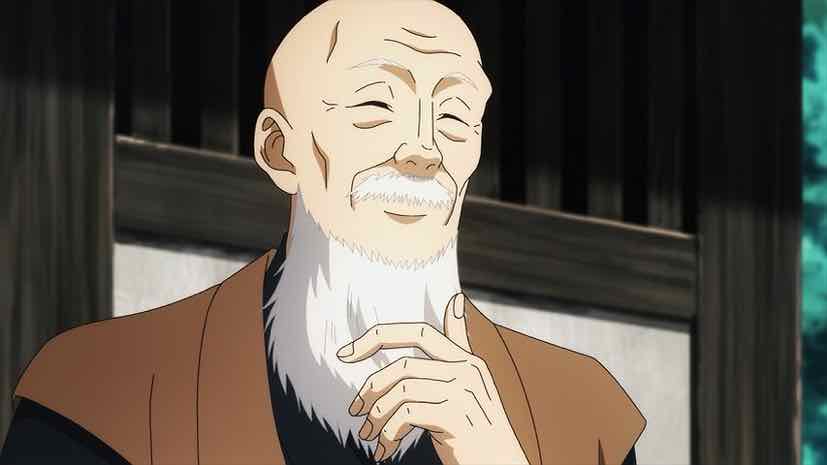
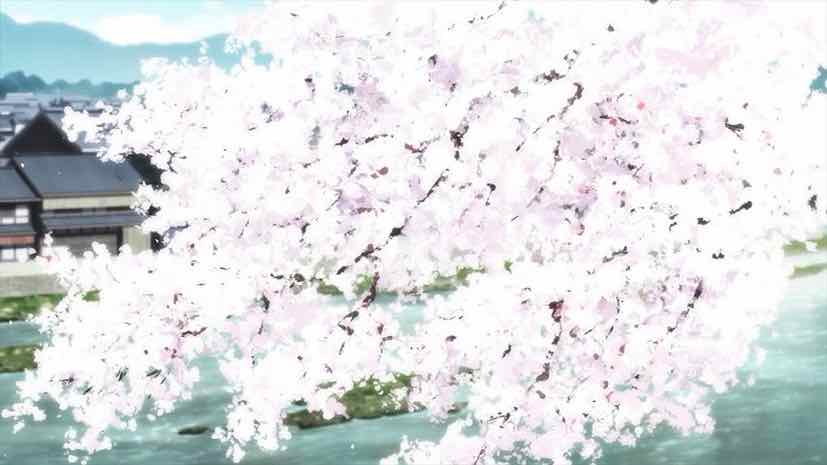
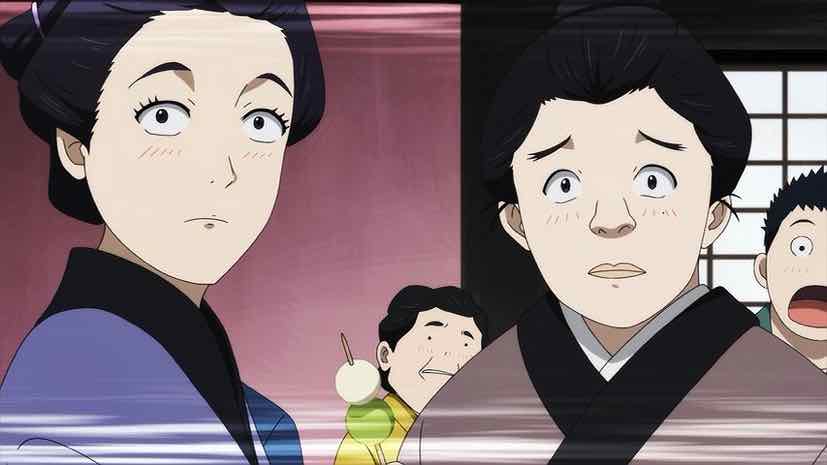
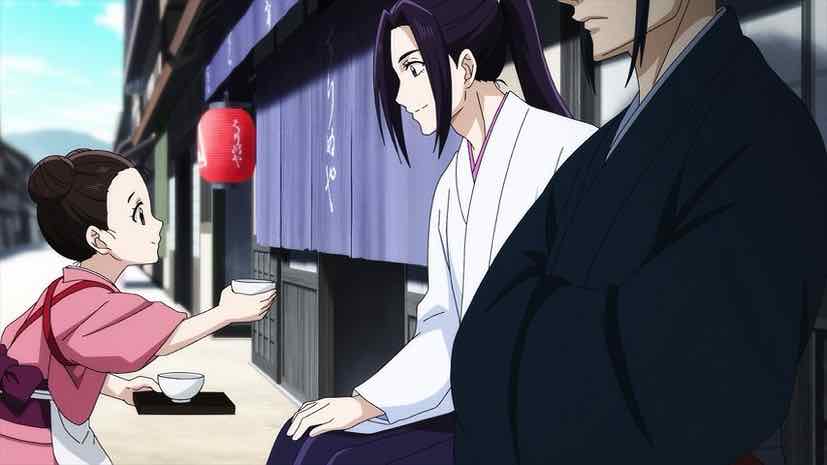
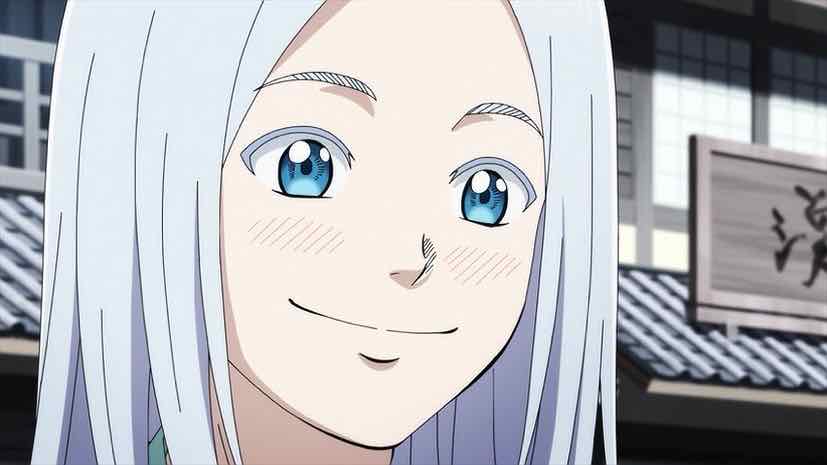
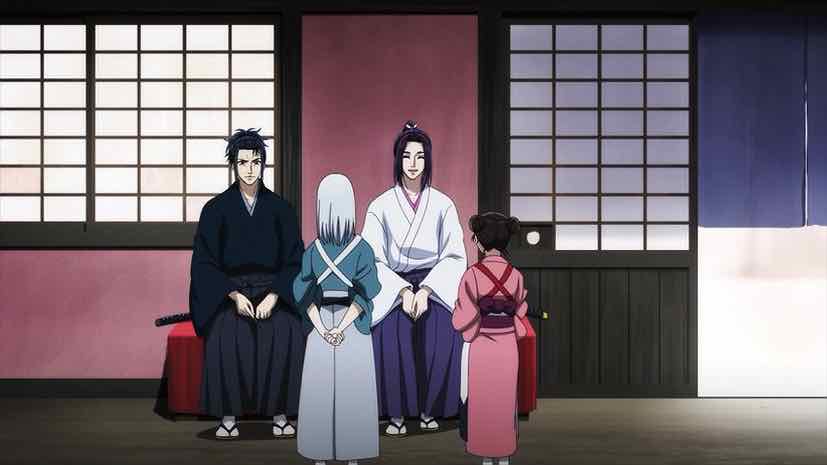
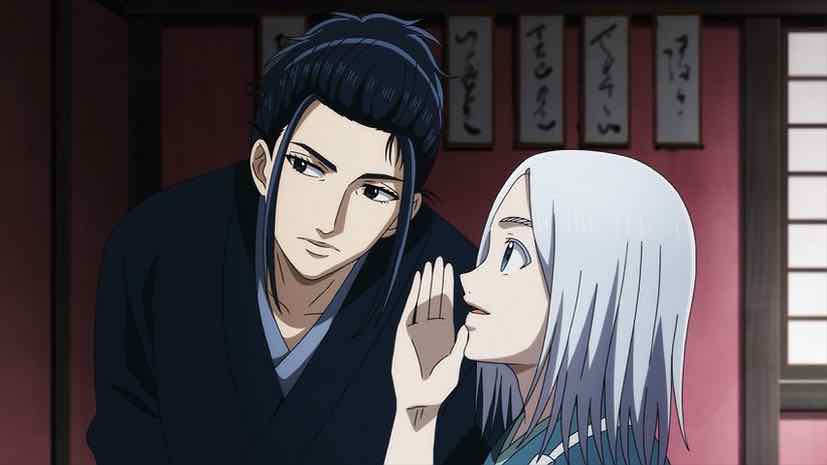
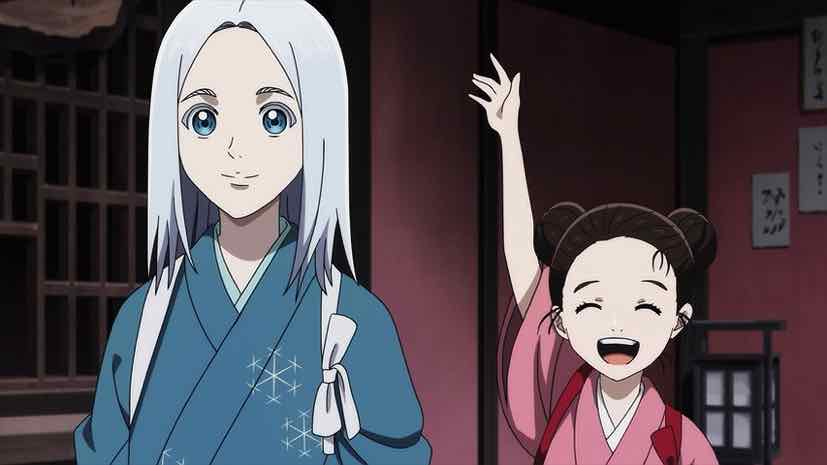
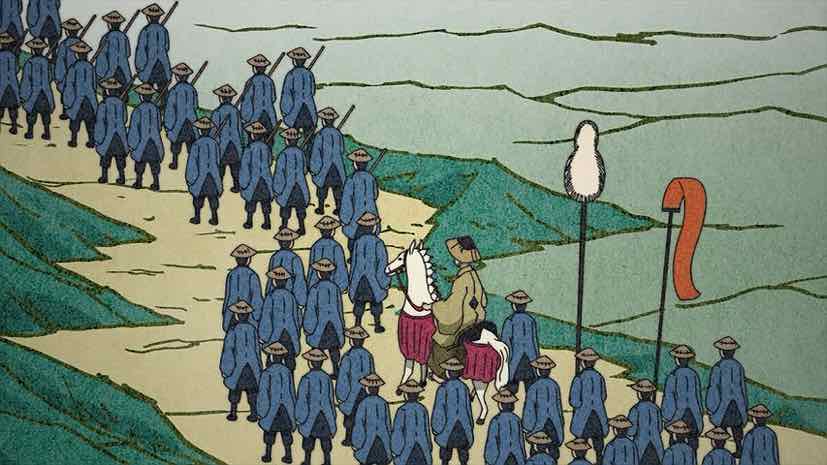
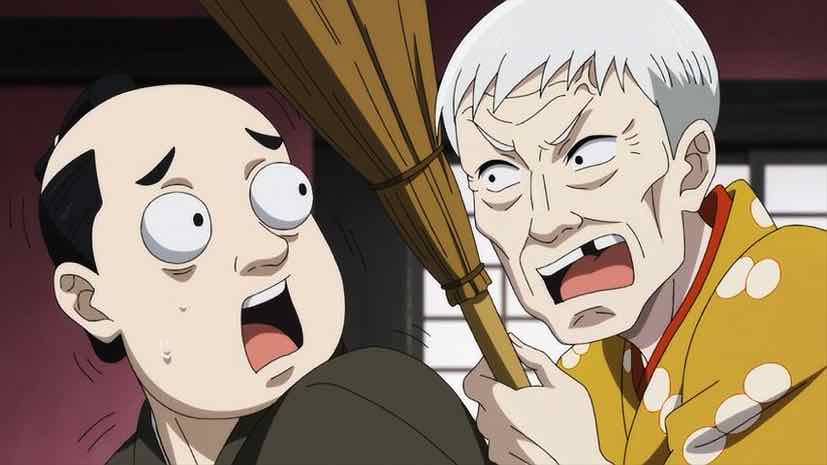
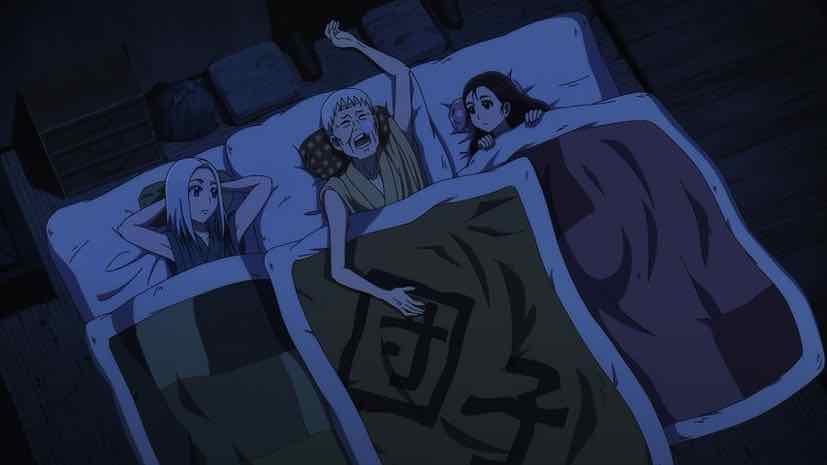
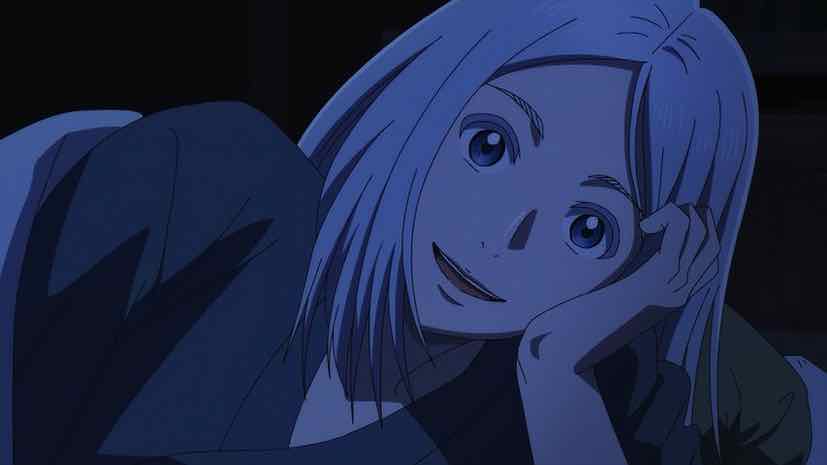
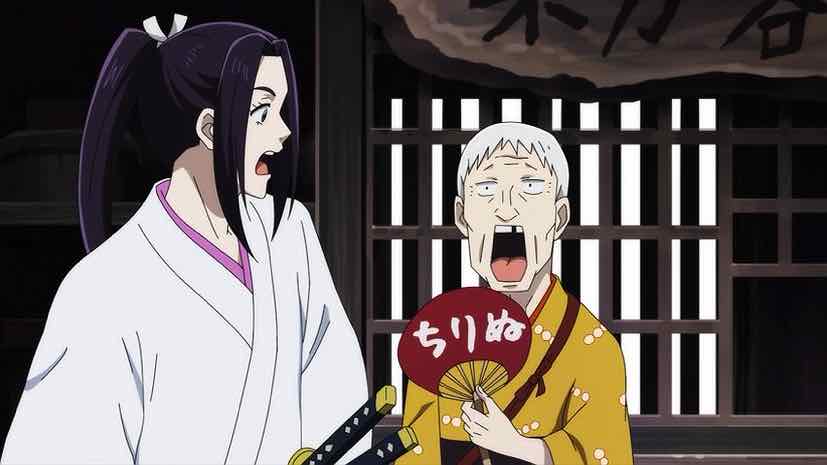
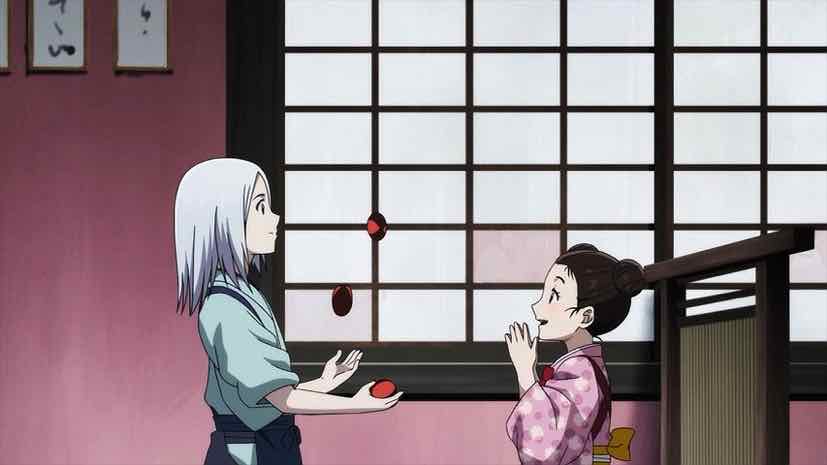
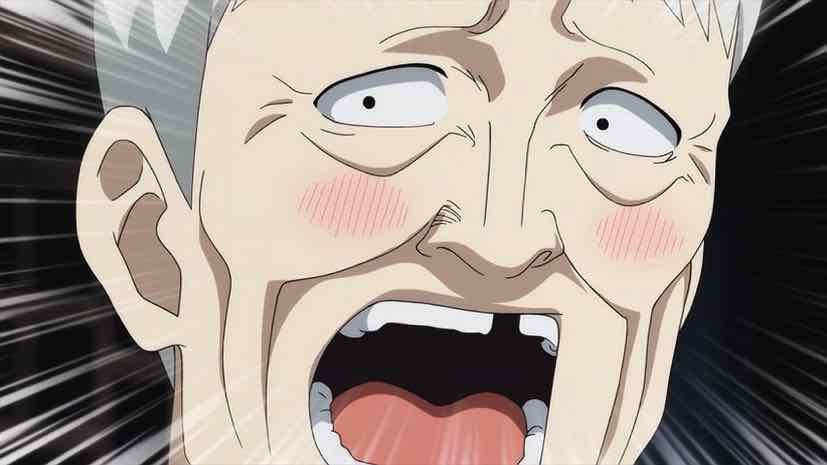
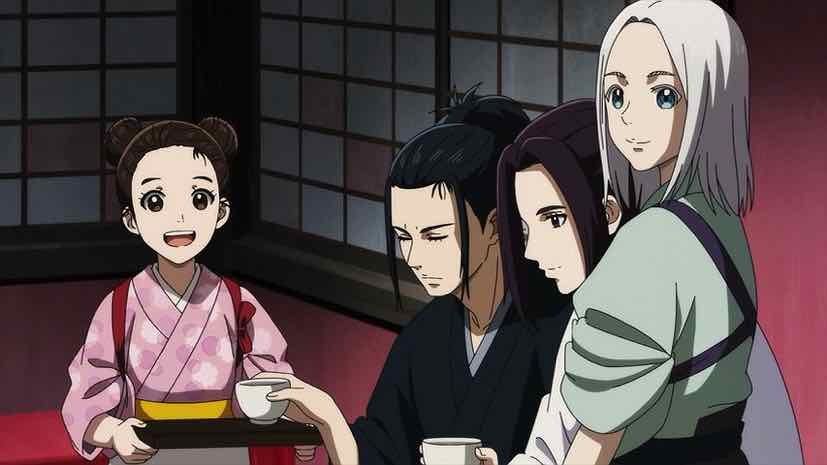
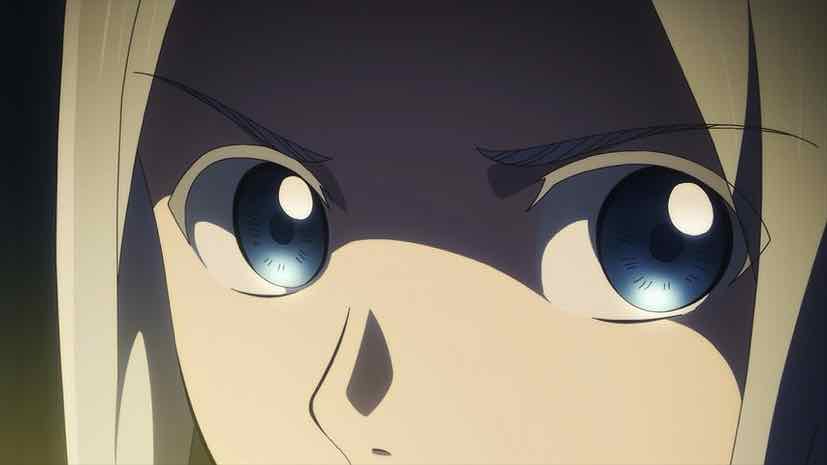
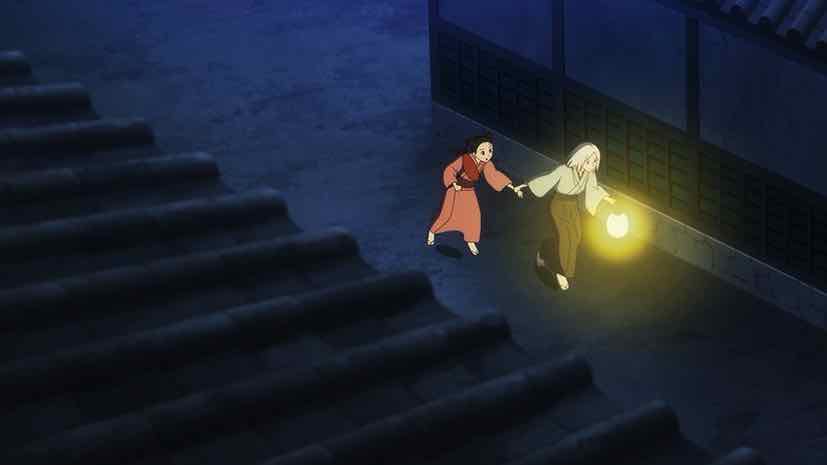
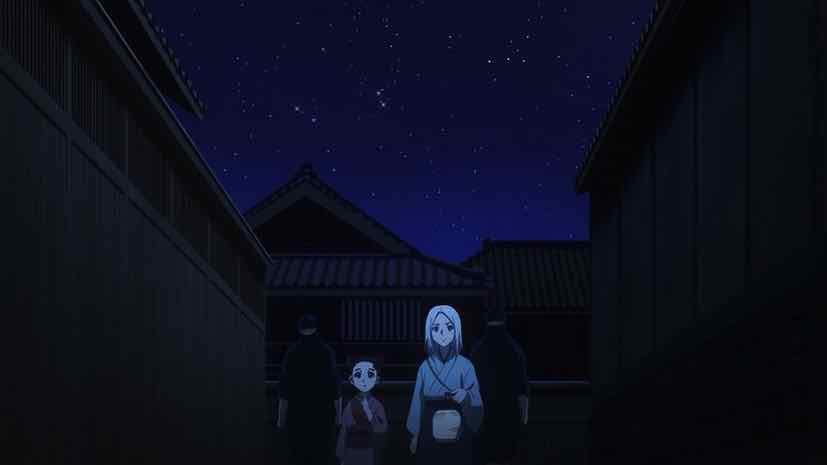
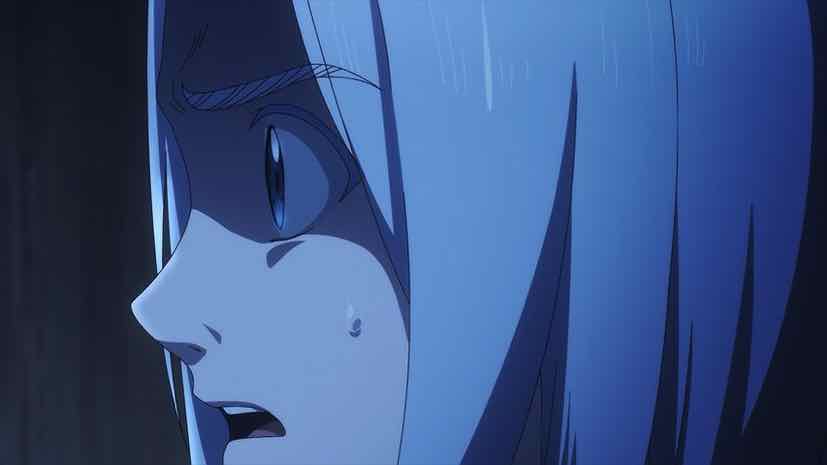
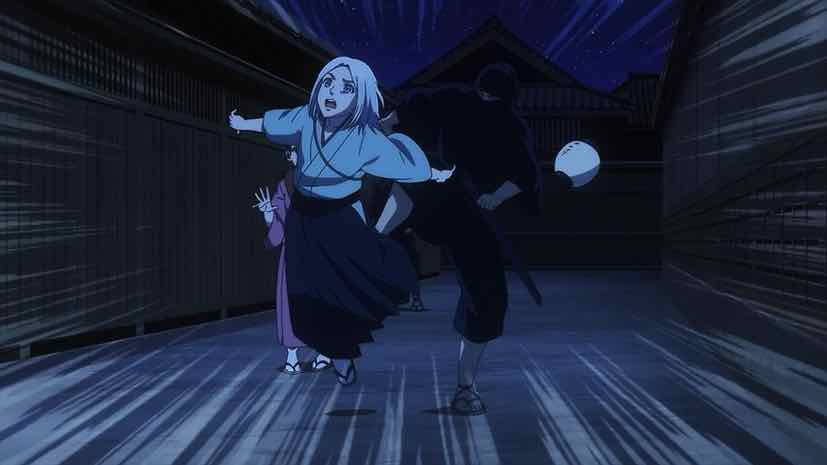
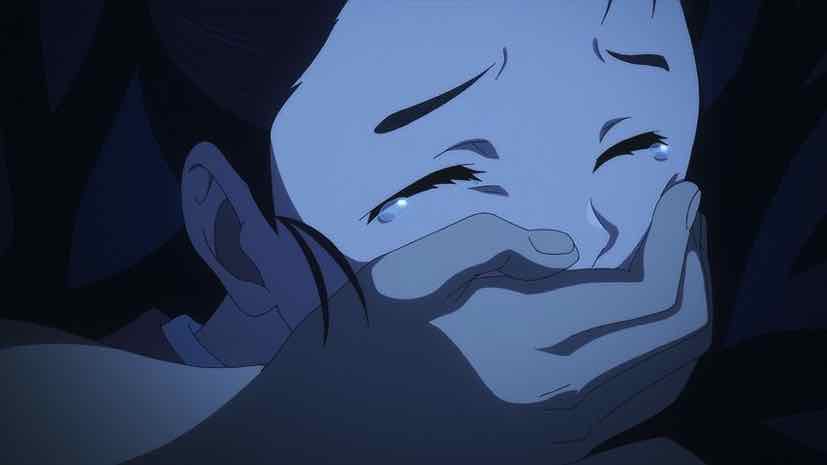
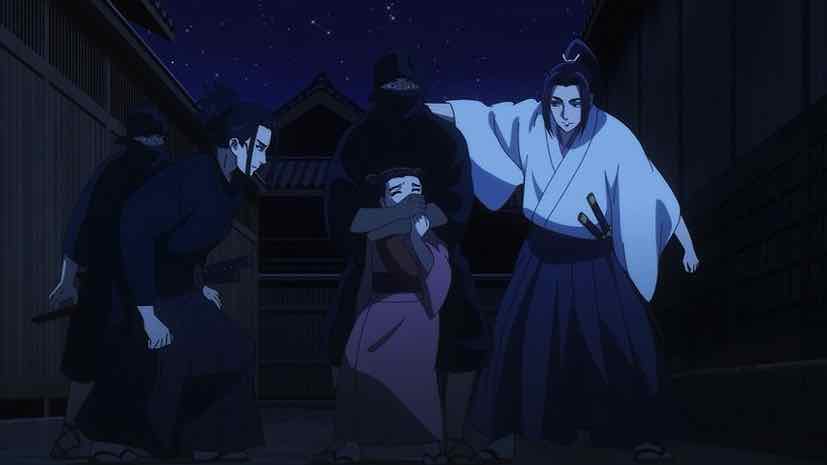
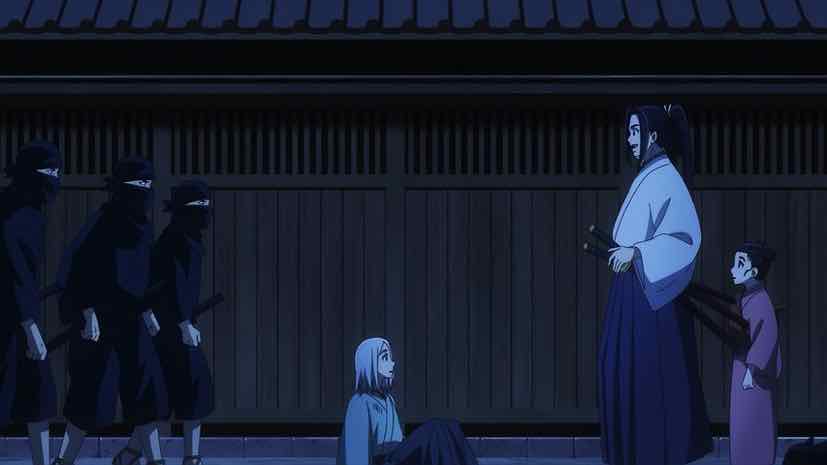
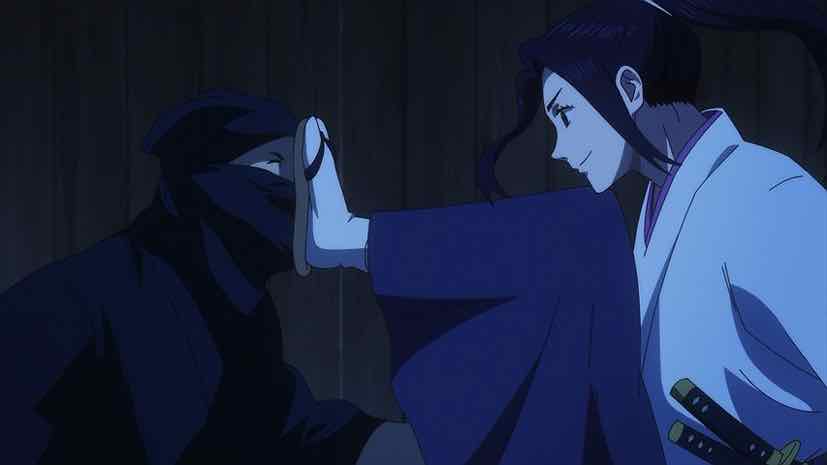
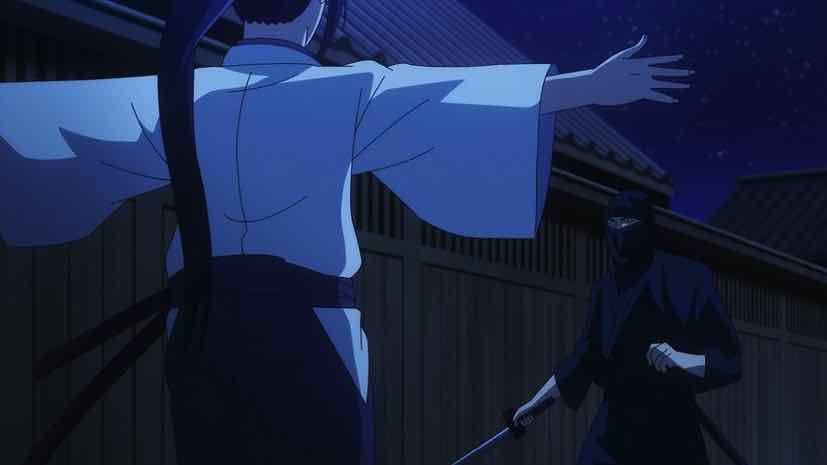
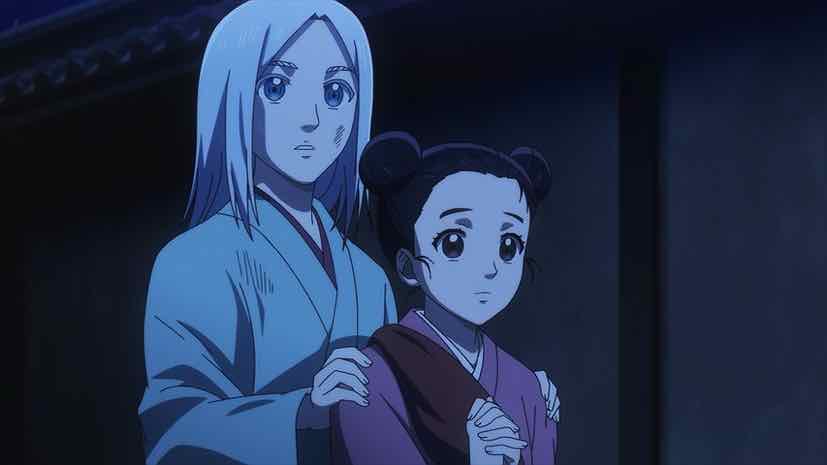
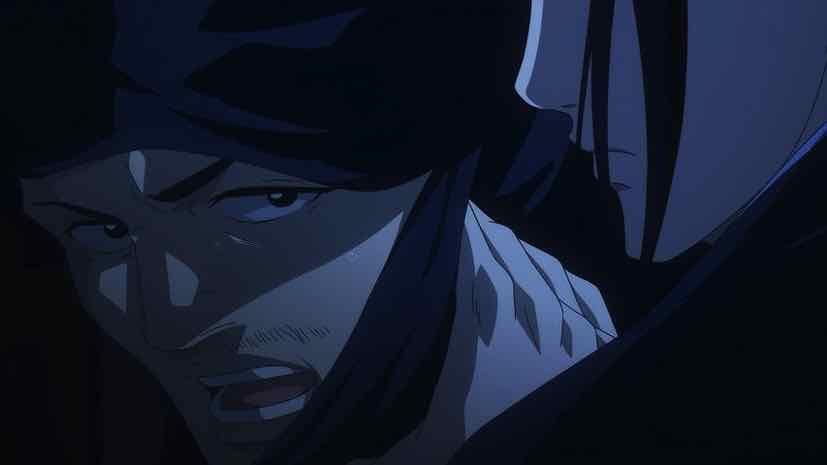
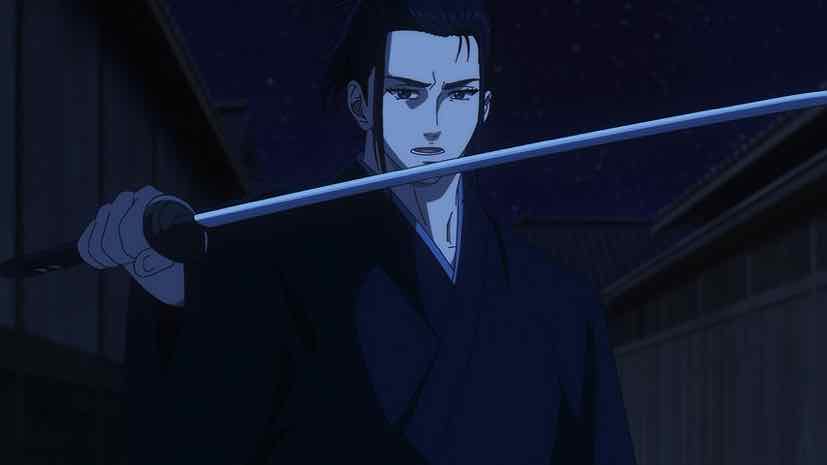
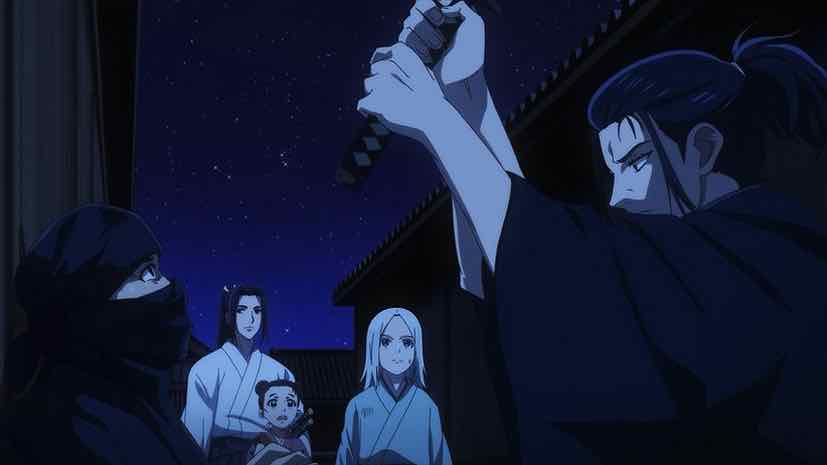
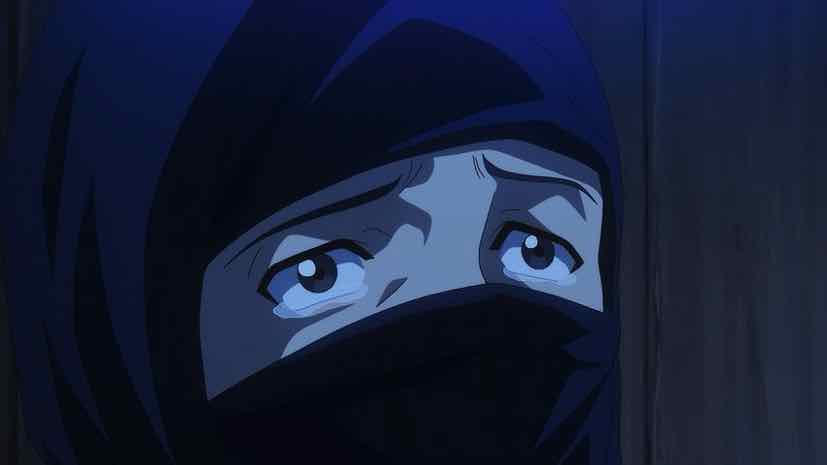
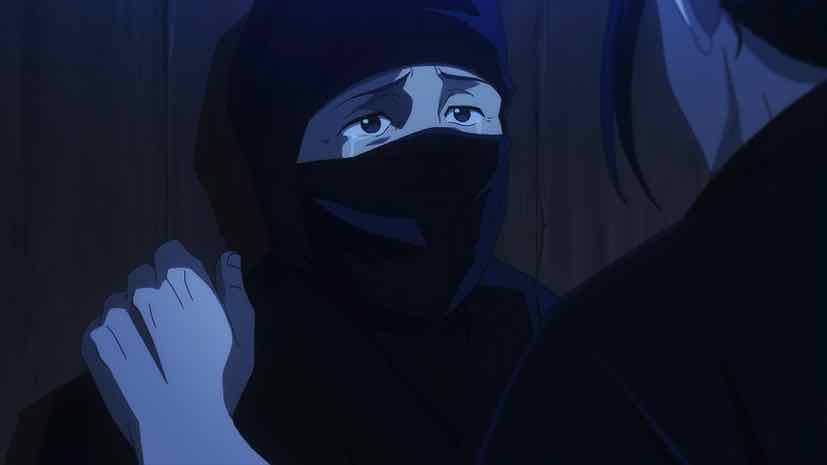
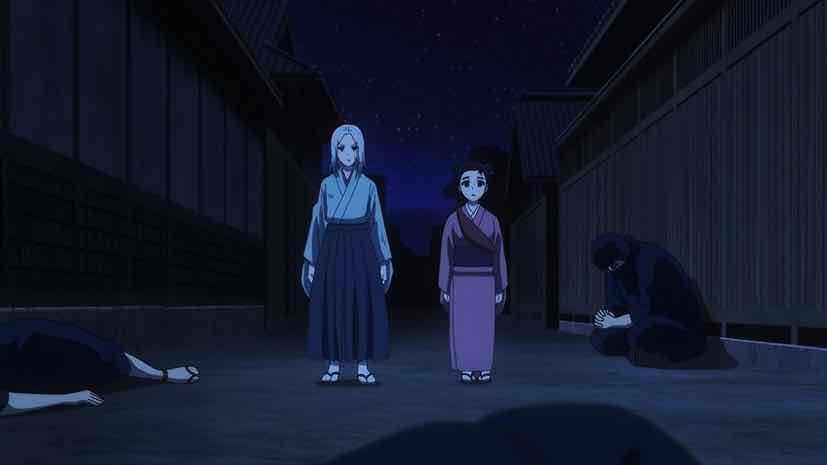
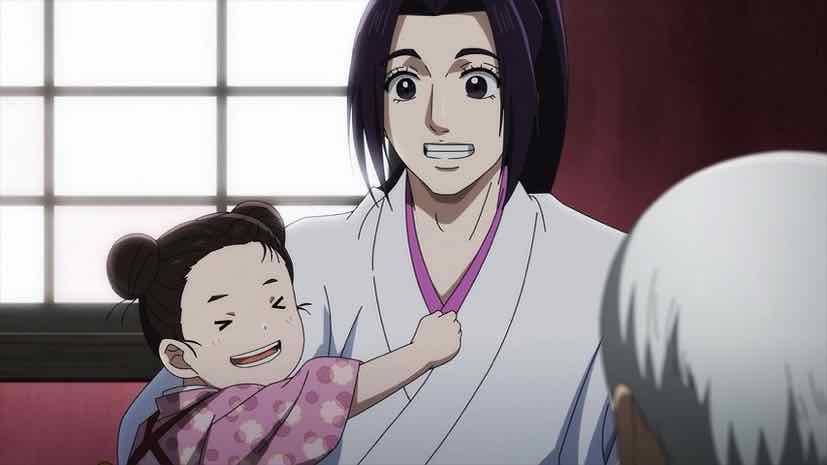
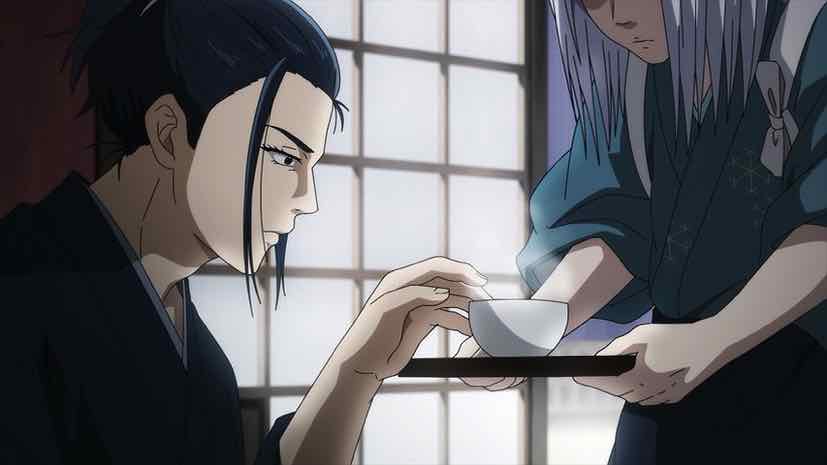
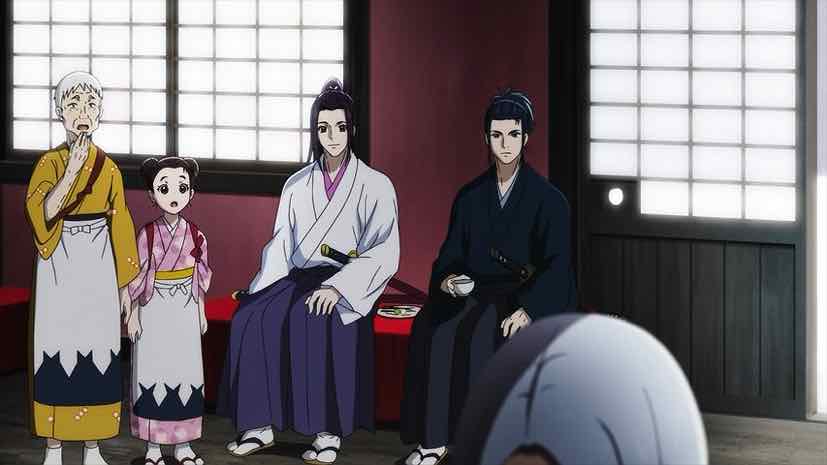
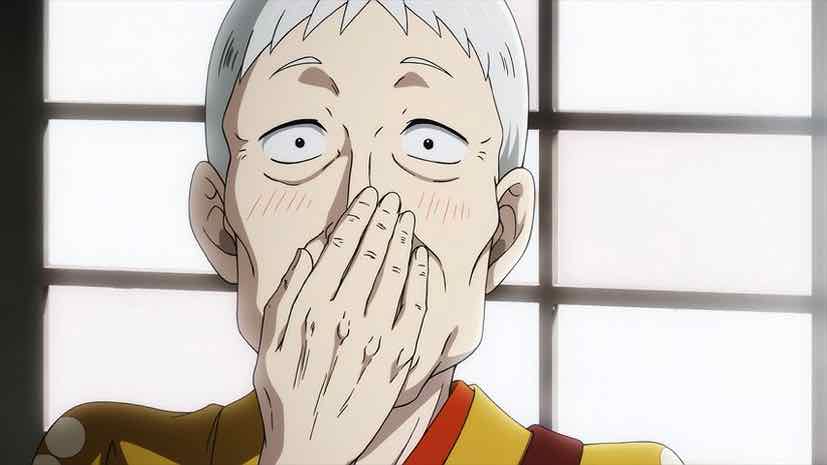
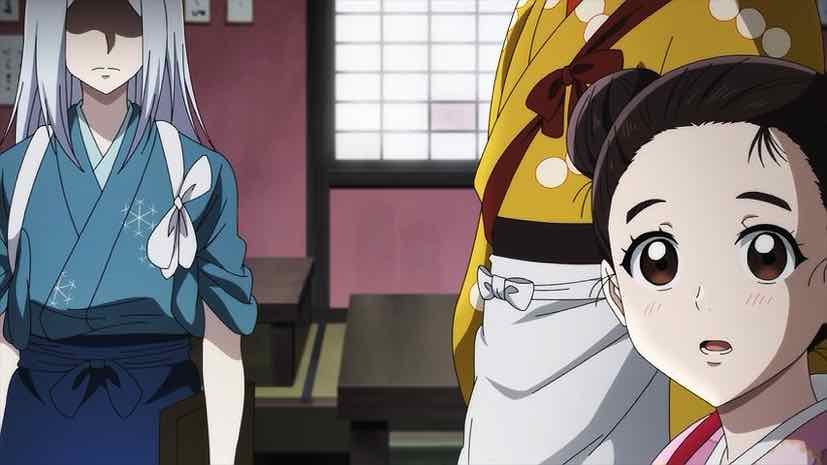
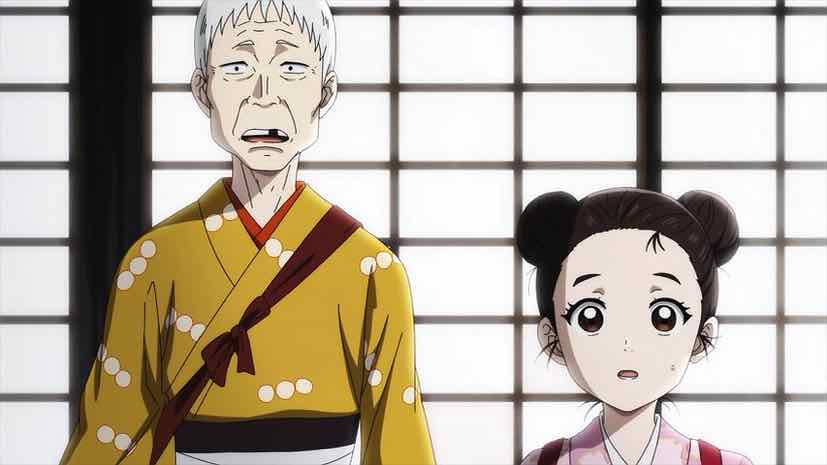
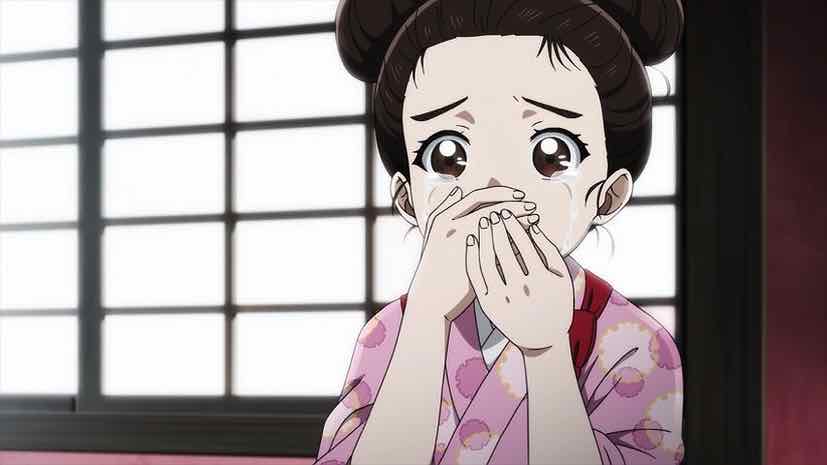
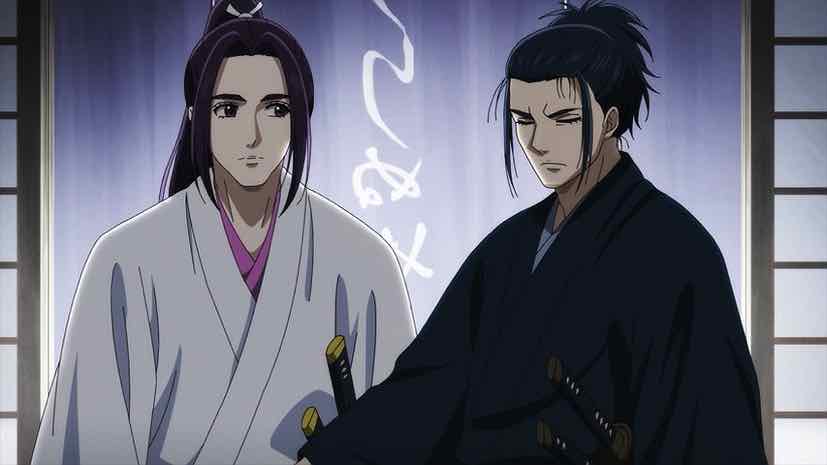
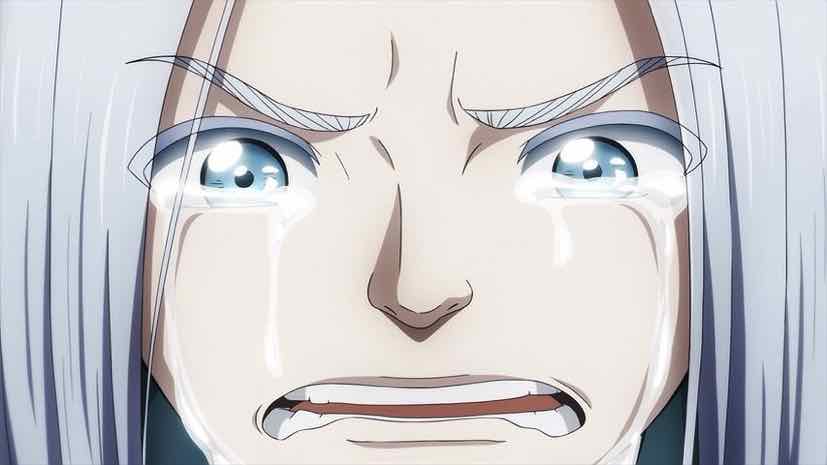
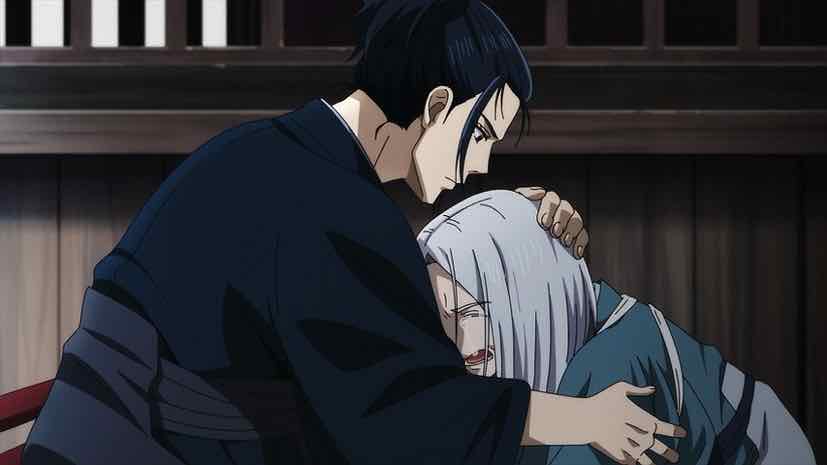
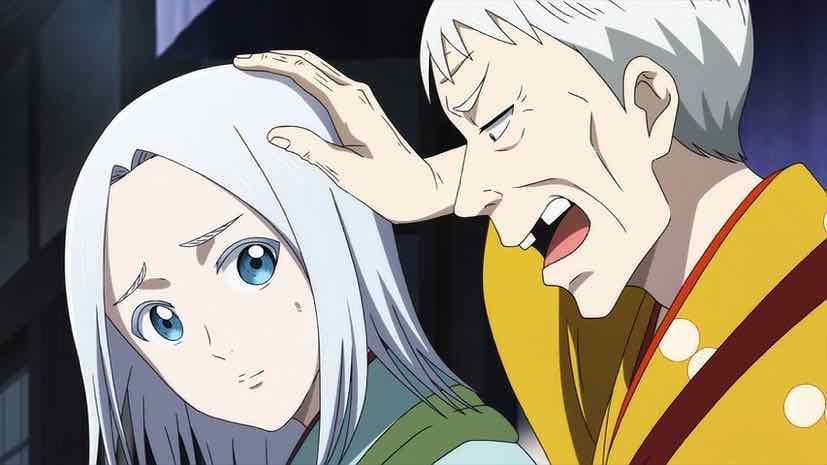
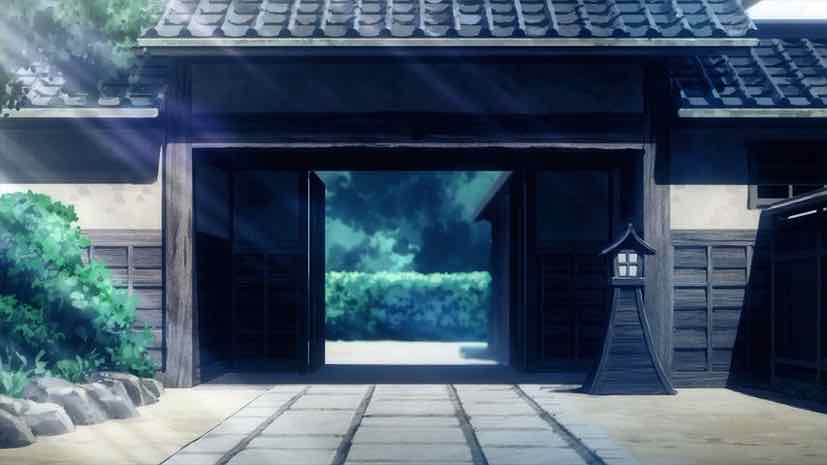
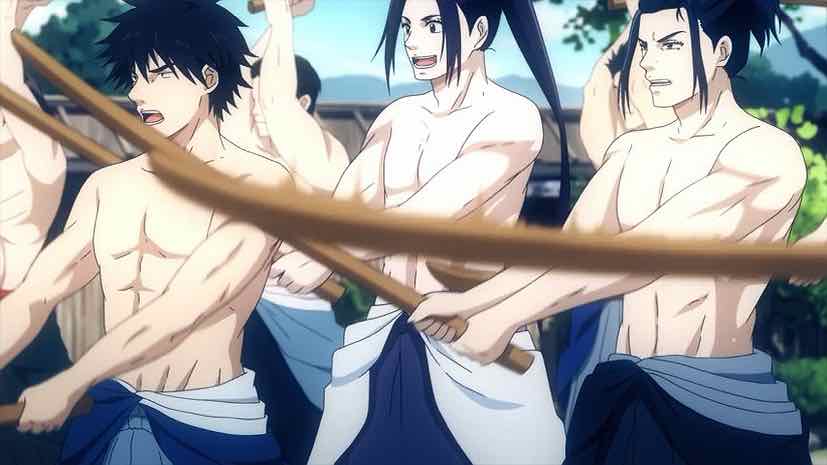
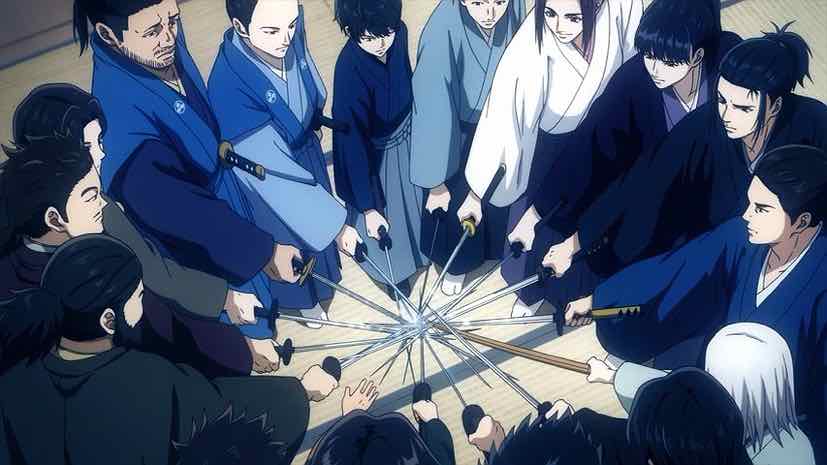
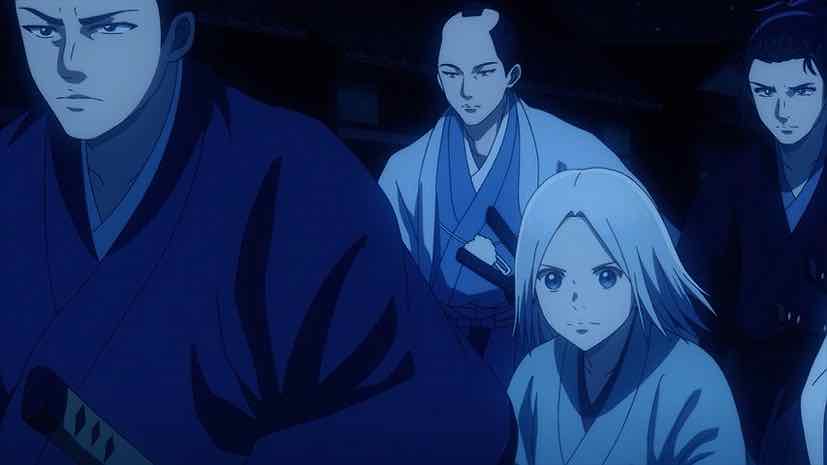
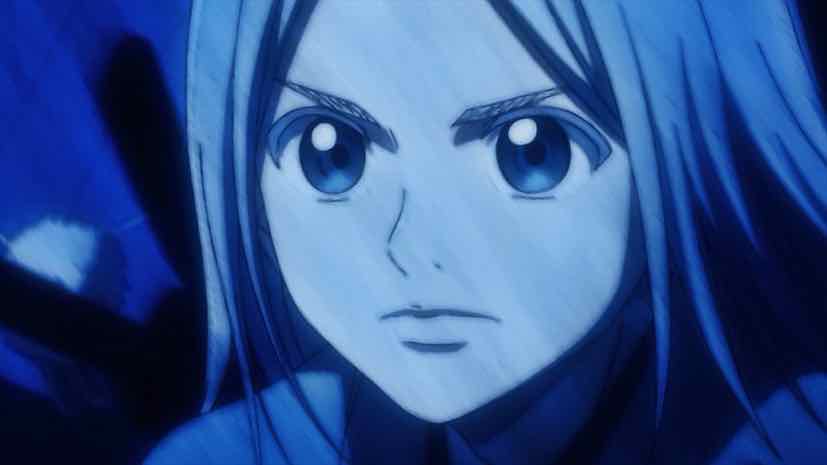

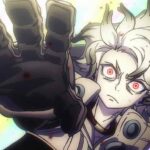
Snowball
October 20, 2024 at 6:13 pmI got the feeling that Nio’s outburst at the end was supposed to be the emotional highlight of the episode, but it didn’t work for me.
Guardian Enzo
October 20, 2024 at 6:31 pmAs I said, kind of overwrought. And the soaring soundtrack didn’t help. Kind of a push-button emotional moment. Ep on the whole was good though, I thought.
Snowball
October 20, 2024 at 7:10 pmLike you, I will give this series more chance as anything on the Shinsengumi catches my interest.
Lem
October 21, 2024 at 8:52 pmEh, “the winning side writes history” is debatable even in the West, for example myth of the clean Wehrmacht after WW2 came about because a lot of Nazi generals and officials didn’t face any justice and got to write a ton of memoirs that amounted to propaganda.